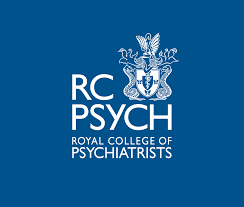
Attention-deficit/hyperactivity disorder (ADHD) is a chronic neurodevelopmental disorder. It is a relevantly common disorder that affects 1 in 10 children. Unlike common belief, the symptoms continue in a third of these young people into adulthood. ADHD is characterized by inability to hold one’s attention, impulsive decision making, disorganisation.
All forms of attention deficit disorder are now called “Attention-Deficit/Hyperactivity Disorder,” regardless of whether you have symptoms of hyperactivity or not.
There is no single known cause of ADHD. Research studies indicate that ADHD symptoms are related to biological features in the brain. It is thought that the cause of these disorders in brain development and function is the interaction of genetic (inherited) and environmental (life events) factors.
Executive Functions help organize, order and manage other functions enabling individuals to consider and account for short and long term consequences of their actions and to plan for those results. It allows you to evaluate their actions and make necessary adjustments if those actions are unlikely to achieve the desired result.
A comprehensive assessment is necessary to establish a diagnosis, rule out other causes, and determine the presence or absence of co-existing conditions. This assessment includes a careful history and a clinical assessment of the individual’s academic, social, and emotional functioning and developmental level.
Other mental health conditions are commoner in with ADHD. The disorders that are more likely to occur with ADHD are disruptive behavioural disorders, depression, bipolar mood disorder, anxiety, tics or Tourette Syndrome, learning disorders, sleep disorders and substance abuse.








